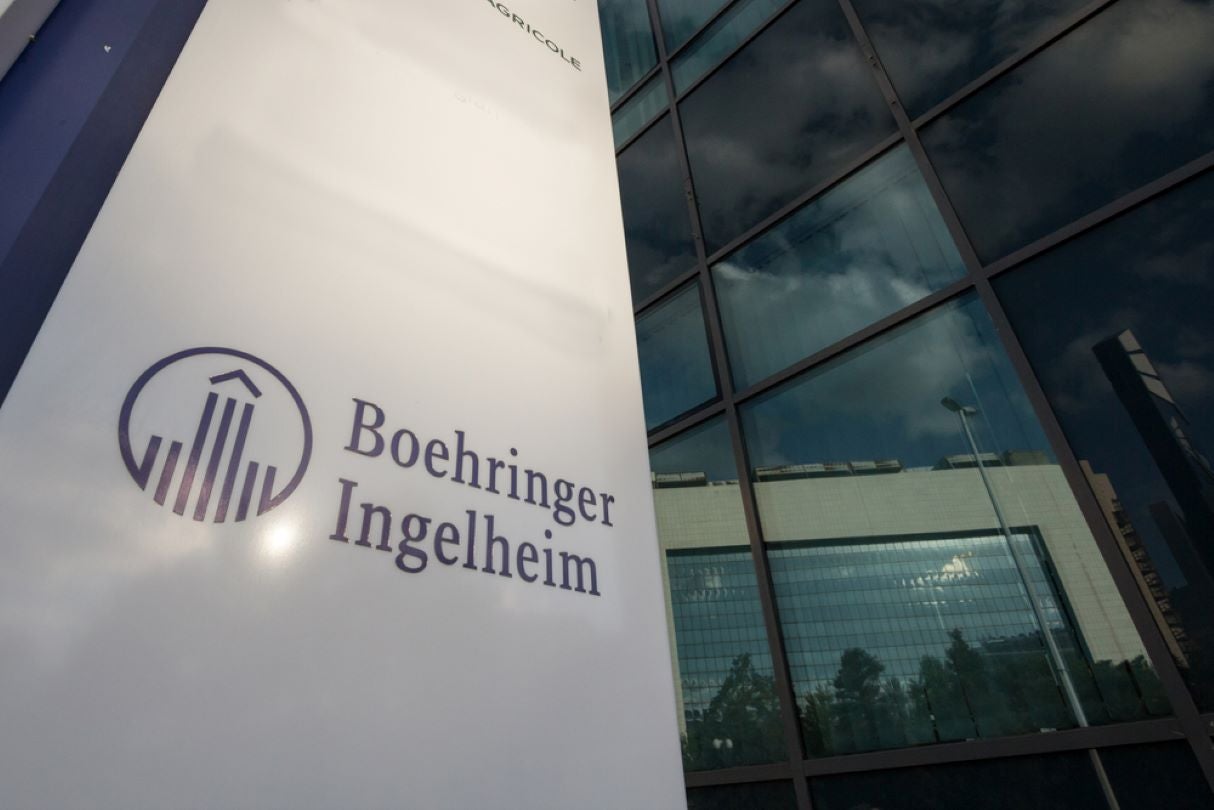
At the American Diabetes Association’s 83rd Scientific Sessions, Boehringer Ingelheim and Novo Nordisk took another step in the obesity arena with data presentations on their respective glucagon-like peptide receptor 1 agonist (GLP1RA) trials for diabetes and obesity management.
Boehringer’s survodutide (BI 456906) is a subcutaneous long-acting dual glucagon and GLP-1 agonist that requires administration once weekly. The Germany-based company is developing the therapy with Zealand Pharma for people living with obesity or who have a body mass index (BMI) exceeding 27kg/m² and for treating non-alcoholic steatohepatitis (NASH).

Discover B2B Marketing That Performs
Combine business intelligence and editorial excellence to reach engaged professionals across 36 leading media platforms.
Data from the Phase II dose-finding trial (NCT04667377) showed a dose-response relationship with higher doses of survodutide, which lead to increased weight loss. Furthermore, 82.8% of the participants in the 4.8mg survodutide group achieved a weight loss of at least 5% at week 46 in comparison to 25.9% in the placebo group. The company reported that 90.9% of participants in the survodutide group had adverse events in comparison to 75.3% of the placebo group. Additionally, the drug has shown a nearly 19% efficacy for weight loss in overweight or obese people, as per a 23 June Zealand Pharma release.
In a press release, Dr Carel le Roux, the principal investigator of the trial explained the drug’s mechanism saying, “By activating both the glucagon and GLP-1 receptors, survodutide may inhibit both appetite and improve energy expenditure.”
Survodutide is being developed under a GLP-1/glucagon dual agonist licensing agreement between the two companies where Boehringer finances all research, development and commercialisation activities. This partnership uses Zealand’s experience in developing peptide-based medicines and the company could possibly receive up to €345m ($376.1m).
Boehringer aims to follow the success of other high-profile drugs such as Novo Nordisk’s GLP1RA Ozempic (semaglutide). The US Food and Drug Administration first approved the drug in December 2017 for improving glycaemic control in adults with type 2 diabetes (T2D). Novo Nordisk has received approval for once-daily semaglutide tablets for the treatment of T2D in the US, the EU and some other countries under the brand name Rybelsus.

US Tariffs are shifting - will you react or anticipate?
Don’t let policy changes catch you off guard. Stay proactive with real-time data and expert analysis.
By GlobalDataAt the same conference, Novo Nordisk presented data from the Phase IIIb PIONEER trial (NCT04707469), showing that Ozempic caused a mean haemoglobin A1C (HbA1c) reduction of up to 2% points. GlobalData predicts that the therapy will generate $71bn in US sales between 2023 and 2029.
GlobalData is the parent company of Pharmaceutical Technology.
This article was updated with the correct indication for Novo Nordisk’s Ozempic.




